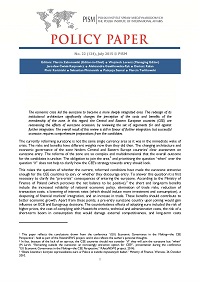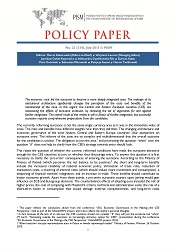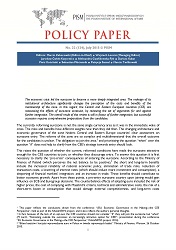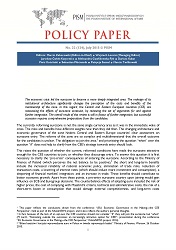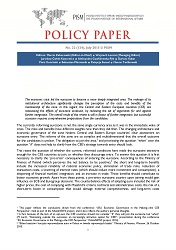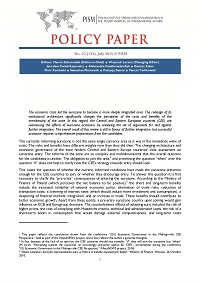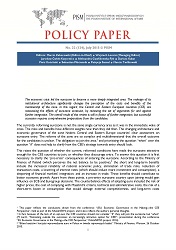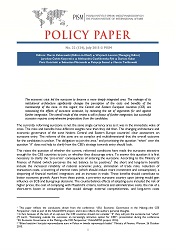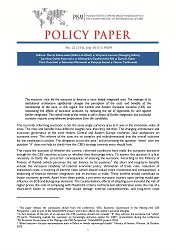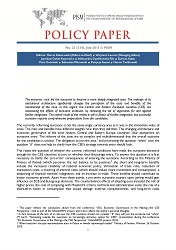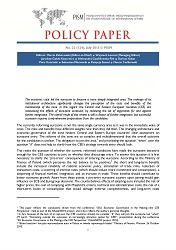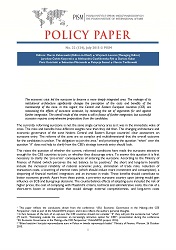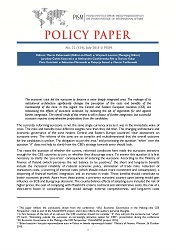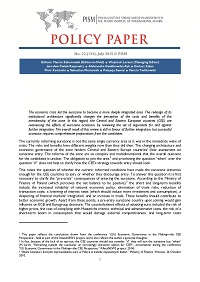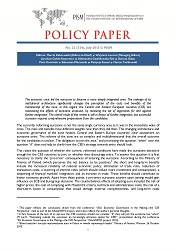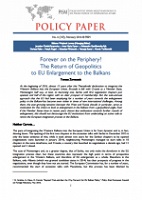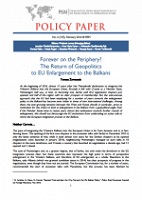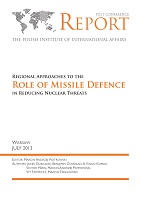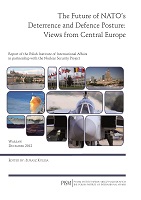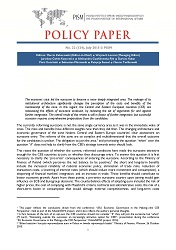
№123: Still a “Strategic” EU–NATO Partnership? Bridging Governance Challenges through Practical Cooperation
The EU and NATO share a common interest in responding effectively to threats posed by Russia in the east and by Islamic extremist to the south of Europe. However, bilateral issues and the pursuit of national interests, especially those involving Cyprus and Turkey, as well as a general lack of strategic convergence have limited the effectiveness of both organisations’ crisis-management capabilities. In times of a deteriorating security environment these limitations will be even more detrimental for Euro-Atlantic security. Poland and Norway, participants in both the EU and NATO missions and two principal countries of the GoodGov project are well positioned to break this institutional deadlock.
More...
